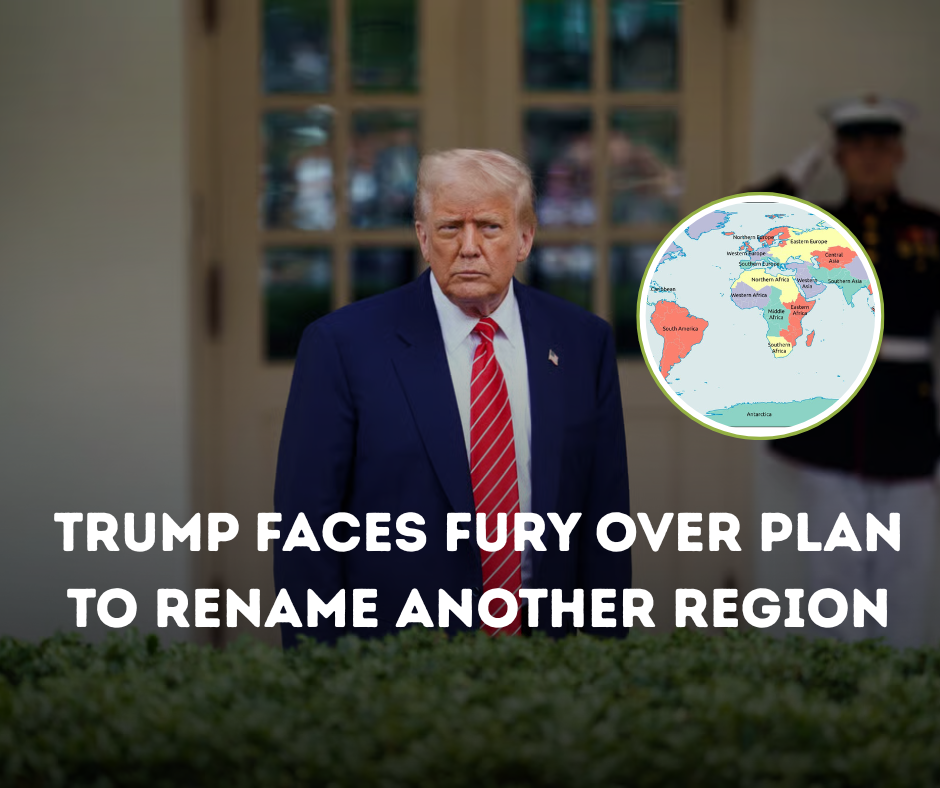President Donald Trump has sparked a fresh wave of outrage after announcing plans to rename several U.S. military bases and key geographic locations in a move that has ignited political tensions across the nation. The controversial renaming proposals have already triggered backlash from lawmakers, historians, and the public, questioning the motives and timing of the decision.
Renaming Military Bases and Landmarks
One of the most contentious decisions comes with the proposed renaming of Fort Liberty in North Carolina back to its original name, Fort Bragg. This military base has long been associated with significant moments in U.S. military history, but Trump’s plan to restore its former title has drawn intense criticism. Critics argue that this move disregards a 2021 law passed by Congress that mandates the removal of Confederate-linked names from military installations as part of efforts to address racial disparities and promote inclusivity.
Despite this, the Trump administration has insisted that these names represent part of America’s legacy, with the president stating that restoring these names honors historical figures who made significant contributions to the country during difficult times.
Global Landmark Renaming
In a further controversial move, Trump has proposed renaming the Gulf of Mexico to the “Gulf of America.” This bold decision aims to celebrate America’s historical connection to the region, but many have voiced concerns about the necessity of changing such a well-established geographical name. Critics view the renaming as unnecessary and divisive, with some suggesting that it could fuel further cultural tensions at a time when the country is already deeply divided.
Political and Public Backlash
The renaming proposals have sparked widespread debate across the political spectrum. Supporters of Trump’s plan argue that restoring original names is a step toward reclaiming American history, while critics decry the decision as an attempt to glorify a controversial and painful chapter in the nation’s past.
Public protests have already begun in cities across the United States, with demonstrators arguing that such changes will set the country back in its efforts to create a more inclusive society. Moreover, lawmakers from both sides of the aisle are pushing back against the president’s push to reinstate Confederate-era names, saying it undermines the progress made in recent years.
As the debate unfolds, the future of these renaming efforts remains uncertain. It’s clear that President Trump’s proposal has become a focal point for a broader national conversation about history, identity, and the symbols that define American values.

Leave a Reply